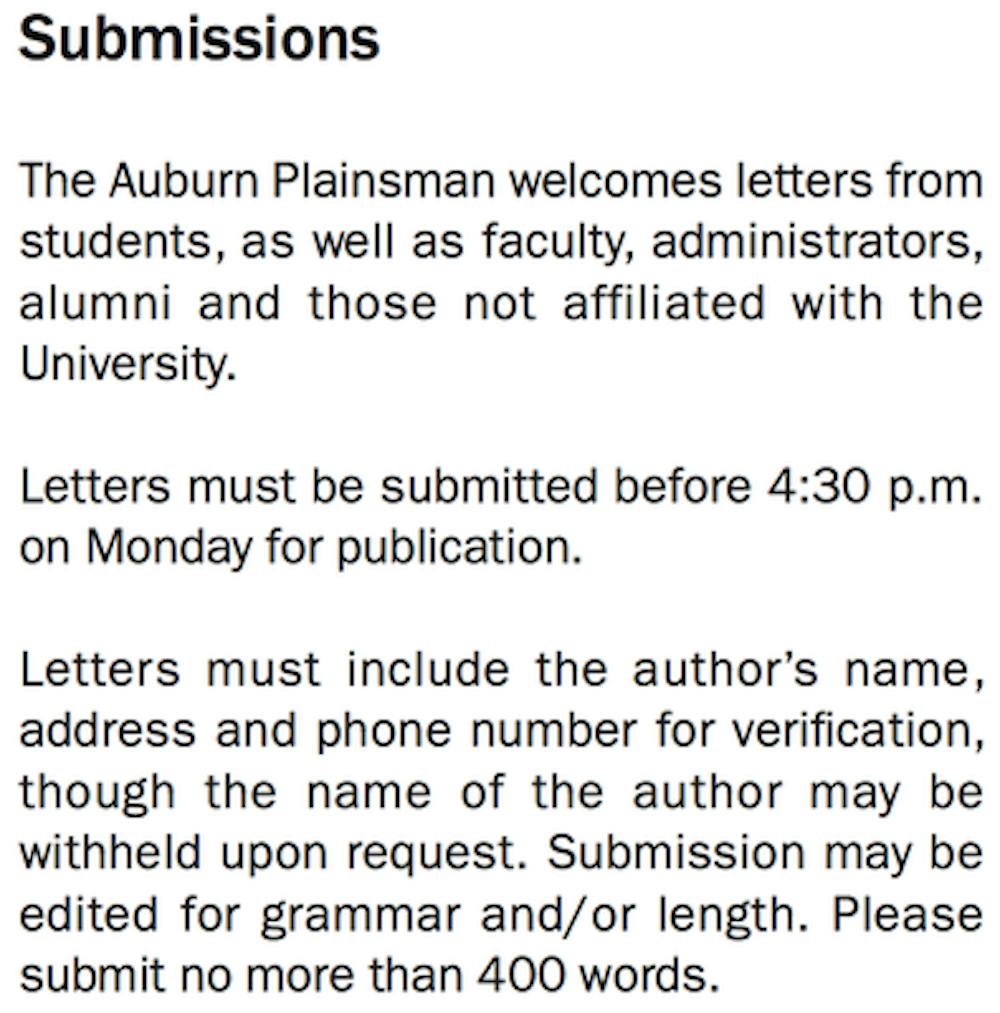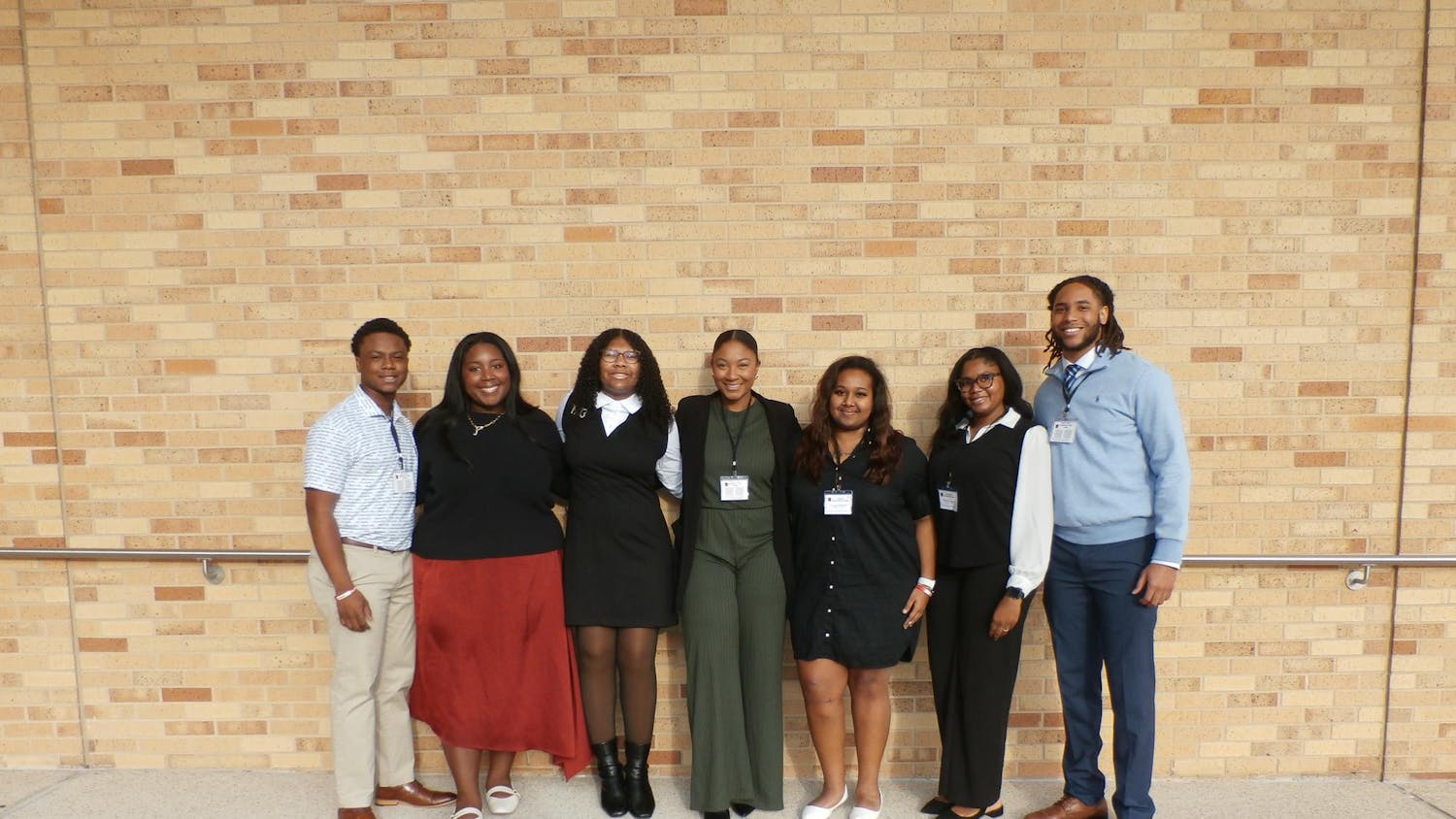The average bachelor's degree requires 120 hours to graduate, which is approximately 15 hours per semester. So why did the majority of freshmen I know signed up to take 16 or more hours last semester?
I blame it on the lack of personal attention given to each incoming student as they registered for classes during their Camp War Eagle session over the summer. Instead of getting to know inividual learning styles and routines, students were scared into overloading their schedules.
When I arrived at CWE, I was a bundle of nerves, as most freshmen are. For the most part, counselors do an excellent job of calming concerns and explaining how daily life will be as a college student, everything from where to park to where to eat.
From my own experiences so far, everything I learned from that weekend was correct -- \0xADexcept for class loads. The climax of CWE is registration. You learn everything you can about life as a student first, and, the afternoon of your departure from camp, you finally get to do what you came for: register for classes. Neither the CWE counselors nor the advisers for the sessions directly help you with registration.
One would think they would advise each student on a personal level to ensure they are not put into a class load too difficult for their first semester. Going from high school courses to college courses is one the most frightening transitions to make.
So why would you thrust a student in 16 hours of classes or more their first semester of college? That equates to one hour above what is needed to graduate on time.
I know one hour is not hurting anyone. The problem is not that one hour. The problem is the other 15. The CWE advisers recommend you take the harder class options when registering. A majority of these entry level classes are weed out classes as well. I see the evidence in my friend, an engineering major taking 16 hours who is barely able to keep their head above water.
Their adviser paid little regard to the student's concerns when they were registering for classes and stacked their schedule with only math and science courses. That person's scholarship is at risk in a mere semester of college because of an Auburn adviser's neglect of concern for their abilities and wants.
I realize Auburn only accepts students they believe can succeed in these types of class schedules, and there are many avenues of student help available on campus. However, it should be recognized that class, social lives, sleep and homesickness can affect students' freshman year. Advisers should take this into account.
Sarah Robinson is a campus writer at The Plainsman. She can be reached at campus@theplainsman.com
Do you like this story? The Plainsman doesn't accept money from tuition or student fees, and we don't charge a subscription fee. But you can donate to support The Plainsman.





